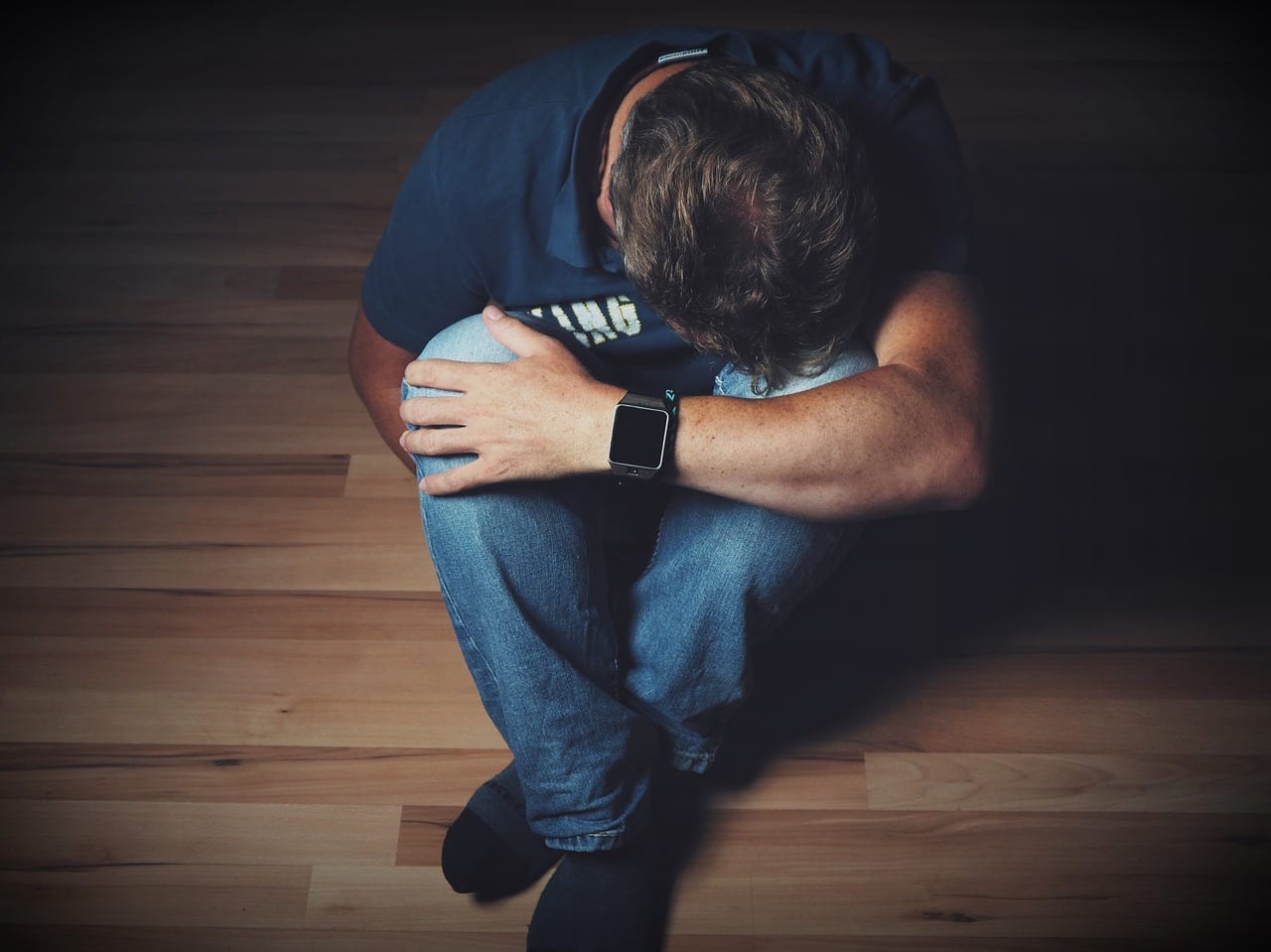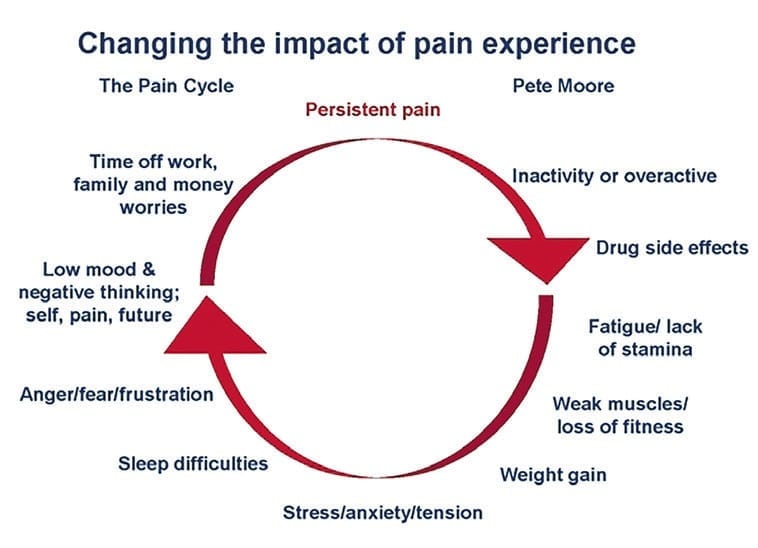Tags: Health and wellbeing. Chronic pain. Symptoms
“Without pain, there would be no suffering, without suffering we would never learn from our mistakes. To make it right, pain and suffering is the key to all windows, without it, there is no way of life. – Angelina Jolie
Definition of chronic pain:
Pain is hard to define because it’s a subjective sensation. The International Association for the Study of Pain defines it as an “unpleasant sensory and emotional experience associated with actual or potential tissue damage or described in terms of such damage.” Pain is the most common reason that people seek medical attention. Pain. that persists over a long period of time – usually 3 months or longer; beyond the healing period of tissue damage, is deemed chronic pain.
The causes of chronic pain can be complex and varied. For most people with chronic pain, there is an initial injury, trauma or underlying disease. For some chronic pain can exist without any obvious cause. The pain system is a sensible and necessary part of the human body. Its function is to protect our bodies from possible threats. Pain changes; how we move, think and behave, to allow for healing and safety.
It involves all our body systems. Each individual pain system is wired in a unique way, which means that we all experience pain in different ways. There are times when the pain system also works in unusual ways. People with amputated limbs can experience “phantom pain”, despite no longer having the limb. The brain is still getting messages that the limb is damaged, and it continues to activate the pain message. There are also incidents of people being badly injured, but not the brain assesses that is safer to not feel the pain in certain situations. But later when the brain determines things are safe, pain is registered. (THISWAYUP.ORG.AU)
Chronic Pain impacts on mental wellbeing:
The cycle of pain (below) shows how inactivity, low mood, deconditioning and unhelpful thoughts all feed into each other and maintain the cycle. This is how chronic debilitating pain syndromes develop. Both a person’s mind and body react to pain and it is essential that treatment approaches address both. Self-management plays a huge part in pain management. Having chronic pain is not a simple thing, it impacts many areas of an individual’s life including their happiness.
In fact, many people with chronic pain end up feeling frustrated and angry, because no-one can tell them what is wrong, or no-one is able to fix the problem. Fear can set in and result in sleepless nights, increased worrying, which can lead to depression and anxiety. Quality of life may be impaired, not able to work, relationships can deteriorate, and you may feel useless.
Self-Managing Chronic Pain
Effectively managing pain will look different for everyone, however, there are principles that can guide everyone toward living effectively with pain. It involves learning new skills and changing bad habits, where you will need to have an open mind to learning new ways of viewing and doing things. The approach should be twofold:
Direct Pain Reduction – with skills for reducing pain directly or reducing the amount the pain bothers the person. Indirect Reduction – To assist in restoring normal lifestyle by increasing activity levels through;
• resolving conflict or grief
• overcoming fears
• education about pain
• providing support and encouragement
• learning self-management skills, and
• developing a positive attitude
Education
To be able to manage the “beast” we must first learn and understand it. Arm yourself with information, ask health professions and seek support. Learn about your pain, the triggers and the things that give relief.
Lifestyle
Consider your lifestyle?
Diet: What we eat, and drink contributes to our weight, and excess weight can make pain worse.
Exercise: This is a way of moving out of pain. It does not cause pain when you move with awareness.
Sleep: A good diet and exercise can benefit sleep. Learning how to relax; breathing, mindfulness, and meditation are important things to learn and practice.
Attitude: Need to let go of pessimist, letting go of this can be the most important part of healing.
Beliefs: Need to include; more involvement in all aspects of life, more mobility, strength, fitness and ease of movement, more physical and mental relaxation. A better balance between activity and rest – pacing yourself.
Improved understanding of pain, being less reactive to pain, developing more self- awareness and self-acceptance. There needs to be less worry, fear, frustration and depression. Decreased medication, visits to Doctors and other health professionals. Aim for more peace, joy, happiness, play, pleasure and purpose in life (www.pathoutofpain.com.au)
The pathway out of pain is hard. It requires a strong commitment to a self-management approach and willingness to be honest about motives and behaviours that maintain pain. Self-management is about CHANGE, in habits, attitudes and beliefs. Belief in reversibility of the pain, and/or your ability to self-manage the pain Speak to your General Practitioner or other health practitioner today about self-management. “Remember pain is universal but suffering need not be. “Wishing you all good mental wellbeing” – Veronica


